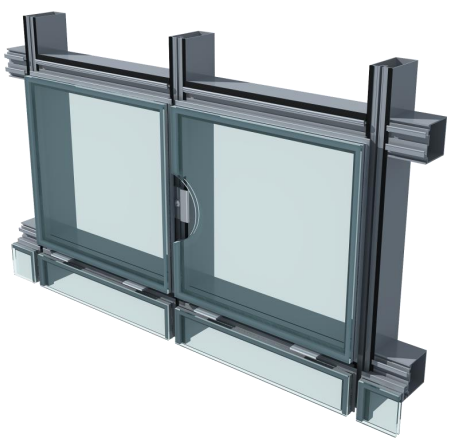

Understanding IGU Insulated Glass Units
Insulated Glass Units (IGUs) are crucial components in modern construction, providing both aesthetic appeal and functional advantages for buildings. As a key element in windows and facades, IGUs are designed to enhance energy efficiency, reduce noise pollution, and improve overall comfort in interior spaces. This article will delve into the construction, benefits, types, and applications of IGUs, highlighting their importance in contemporary architecture.
What is an IGU?
An Insulated Glass Unit consists of two or more glass panes that are separated by a spacer and hermetically sealed to create an air or gas-filled space between them. This construction is designed to minimize heat transfer through the glass, making it an effective barrier against temperature fluctuations. The space between the panes is often filled with argon or krypton gas, increasing the unit's thermal performance and further reducing heat loss.
Construction of IGUs
The construction of IGUs involves several key components
1. Glass Panes The outer panels are usually made from tempered or laminated glass, contributing to safety and durability. The inner panes can be coated with low-emissivity (Low-E) coatings to reflect heat and enhance energy efficiency.
2. Spacer Bars These are placed between the glass panes to create a fixed distance. They are typically made of aluminum or other materials with a low thermal conductivity to minimize heat transfer.
3. Desiccant To prevent moisture buildup within the unit, a desiccant material is placed inside the spacer bars. This component absorbs any humidity that may enter, maintaining clarity and thermal performance.
4. Sealants The edges of the IGU are sealed with high-quality sealants to ensure airtightness and to protect against moisture intrusion.
Benefits of IGUs
The advantages of using insulated glass units are numerous
1. Energy Efficiency IGUs significantly reduce energy consumption for heating and cooling. By minimizing heat transfer, they help maintain stable indoor temperatures, which can lead to decreased utility bills.
2. Noise Reduction The multiple layers of glass and gas-filled spaces provide sound insulation. This is particularly beneficial in urban settings where external noise can be a concern.

3. Condensation Control Properly constructed IGUs help control condensation, preventing water from forming on the glass surfaces. This is particularly important in climates with significant temperature variations.
4. UV Protection Many IGUs feature Low-E coatings that block harmful ultraviolet (UV) rays. This not only protects the occupants' health but also reduces fading of furniture and flooring.
5. Aesthetic Versatility IGUs can be manufactured in various shapes, sizes, and styles, allowing architects and designers to create visually appealing installations that fit various architectural designs.
Types of IGUs
There are several types of IGUs available, each suited to specific applications
1. Double Glazed Units These consist of two glass panes and are the most common type of IGU used in residential and commercial buildings.
2. Triple Glazed Units With three panes of glass, these units offer superior thermal performance and are ideal for extremely cold climates.
3. Low-E IGUs These are coated with a thin layer of metal oxide to reflect heat back into the building during winter and shield it from heat during summer.
4. Tempered IGUs Designed for safety, tempered glass is treated to be much stronger than standard glass, making it ideal for areas prone to breakage.
Applications of IGUs
IGUs are used in a variety of applications, ranging from residential homes to high-rise commercial buildings. Their versatility makes them ideal for
- Windows Providing energy-efficient solutions for various window designs. - Skylights Enhancing natural light while maintaining thermal comfort. - Curtain Walls Offering a modern aesthetic in large commercial structures.
In conclusion, Insulated Glass Units are essential in the pursuit of energy-efficient and aesthetically pleasing architectural designs. Their ability to provide insulation, reduce noise, and contribute to the safety and comfort of occupants makes them an integral part of modern building practices. Whether in a residential home or a sprawling commercial complex, IGUs continue to play a pivotal role in shaping the future of architecture.